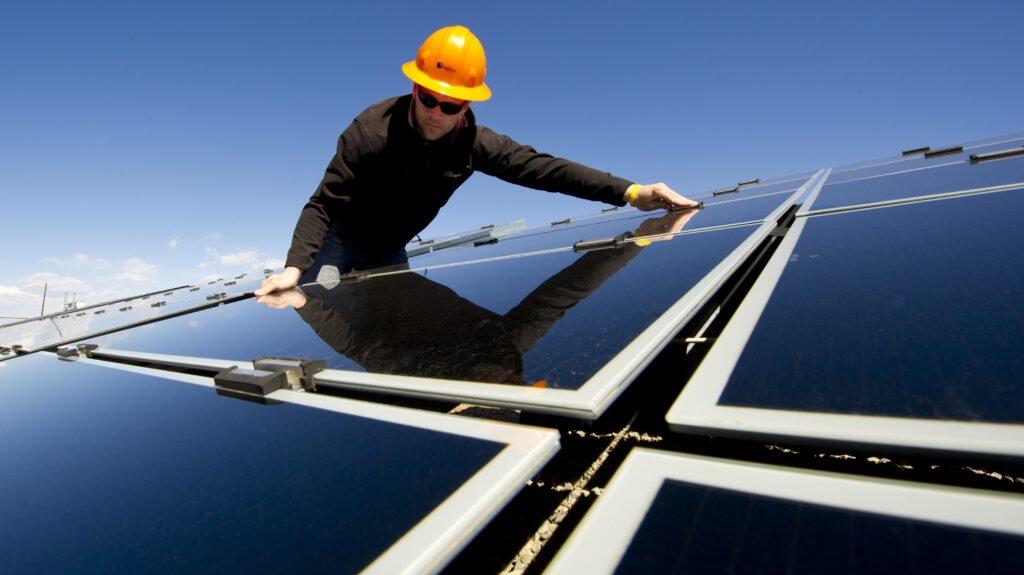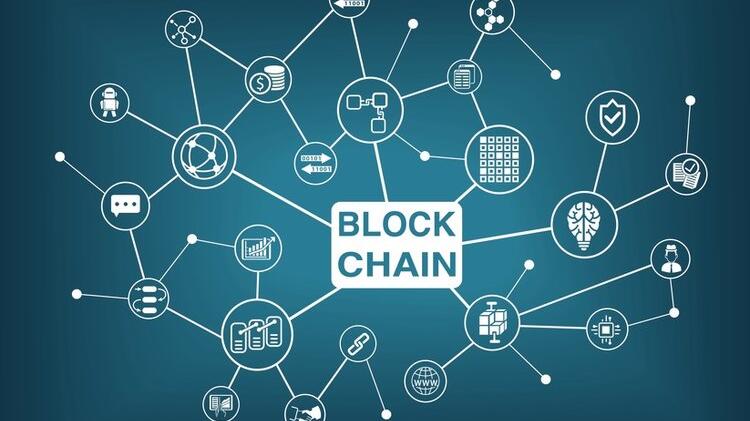 Policy & Regulation
Policy & RegulationPandemic upends commercial renewable energy demand
Summary
The covid-19 pandemic is disrupting industries around the world, including renewable energy. Experts caution that corporate renewable energy demand could drop off. Solar projects linked to corporate power purchase agreements in Europe could be delayed by the virus outbreak and new projects are being paused. There is hardly any subsidy-free business model left given the current spot price levels in Europe, an analyst said. The nearly $2 trillion stimulus package passed by the Senate on Wednesday does not include any relief for the renewable energy sector. Questions remain about what will happen to corporate wind and solar energy plans globally. Even in a recession,
a recession, the corporate renewables market momentum would likely remain intact: low-costWind and solar power, volatile fossil fuel markets, and pressure to decarbonize, according to Greentech Media. However, the outlet cautioned that sagging wholesale power prices and a global recession that affects corporate creditworthiness could cause businesses to reevaluate their energy needs or postpone investment decisions.
Open full article
Pandemic upends commercial renewable energy demand
The covid-19 pandemic is disrupting industries around the world, including renewable energy. With so many workers stuck at home, experts caution that corporate renewable energy demand could drop off.
Solar projects linked to corporate power purchase agreements in Europe could be delayed by the virus outbreak and new projects are being paused, German analysts told PV Magazine this week.
There’s hardly any subsidy-free business model left given the current spot price levels in Europe, Enervis senior consultant Tim Steinert told the outlet.
“If you compare current wholesale prices to full costs of the projects, you won’t see any market where a subsidy-free business model is still working in current market conditions,” he said, adding that would hopefully change by the end of this year or the beginning of 2021.
Commercial and industrial demand for renewable energy is an area of concern around the world, Rafael McDonald, director for gas, power, and energy futures at IHS Markit, said in a recent webinar, according to Greentech Media.
“We’re talking about a recession…at least a US recession and probably more of a global recession, and we’re expecting that that’s going to lead to flat-to-negative power demand growth,” he said.
In the United States, where federal tax credits for renewables were already going away, more than 500 solar companies signed a letter to Congress this week asking for policies to help stabilize the industry. Suggestions included passing a multi-year extension of the Solar Investment Tax Credit (ITC), and postponing the placed-in-service deadlines.
But the nearly $2 trillion stimulus package passed by the Senate on Wednesday does not include any relief for the renewable energy sector, Utility Dive reported today. President Trump and Senate Majority leader Mitch McConnell opposed assistance for the renewables industry.
Questions remain about what will happen to corporate renewable energy plans globally.
Even in a recession, the corporate renewables market momentum would likely remain intact: low-cost wind and solar power, volatile fossil fuel markets, and pressure to decarbonize, according to Greentech Media.
However, the outlet cautioned that sagging wholesale power prices and a global recession that affects corporate creditworthiness could cause businesses to reevaluate their energy needs or postpone investment decisions.
Author: Alyssa Danigelis
Image credit: Unsplash
This article was previously published on Environment + Energy Leader.



